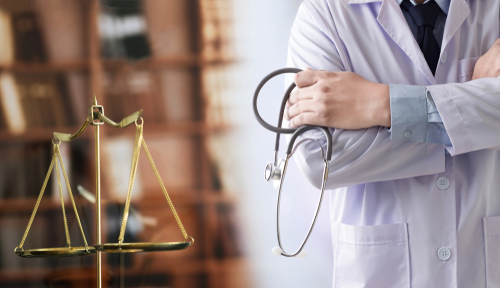
If you are sick enough to be in the hospital for treatment, you have enough on your mind without worrying about getting an infection! If you do develop an infection, though, it may be the result of medical negligence. This means that it may be something that you can recover compensation for.
How Do Infections Develop?
The most common way that infection spreads in the hospital is by the medical staff failing to follow proper handwashing procedures. Other ways that infection can spread during surgery include failure to clean the patient’s skin properly before surgery, failure to remove hair from the site before surgery, and the use of instruments that have not been sterilized properly. This can result in infection at the site of surgery, either on the surface or at the incision site. Infection can even go into the deeper layers and affect organs, which may have to be removed in the worst case scenario.
Other common ways that infections are spread include the use of ventilators, catheters, and central lines. Improper use of ventilators can result in pneumonia; that of a urinary catheter can lead to infection of the kidneys, bladder, ureters, and/or urethra; that of a central line can lead to a bloodstream infection.
Infection can develop if the device was inserted by someone who didn’t wash their hands properly, if the device wasn’t cleaned properly, or if the device wasn’t removed as soon as it wasn’t needed anymore. If you are told that infection is just a normal part of using these devices, don’t just take their word for it. You should do more research to determine if this is accurate or if your infection was caused by negligence; if so, you may have a case for medical malpractice.
If you or a loved one has recently been in the hospital and are showing signs of an infection, you may be entitled to compensation for your medical expenses and lost income. However, to prove your case and to protect your rights, you need a compassionate attorney with experience in medical malpractice cases. Atlanta attorney Laurie Robbins can help. Don’t wait – call 404-252-8117 today for a free consultation.

